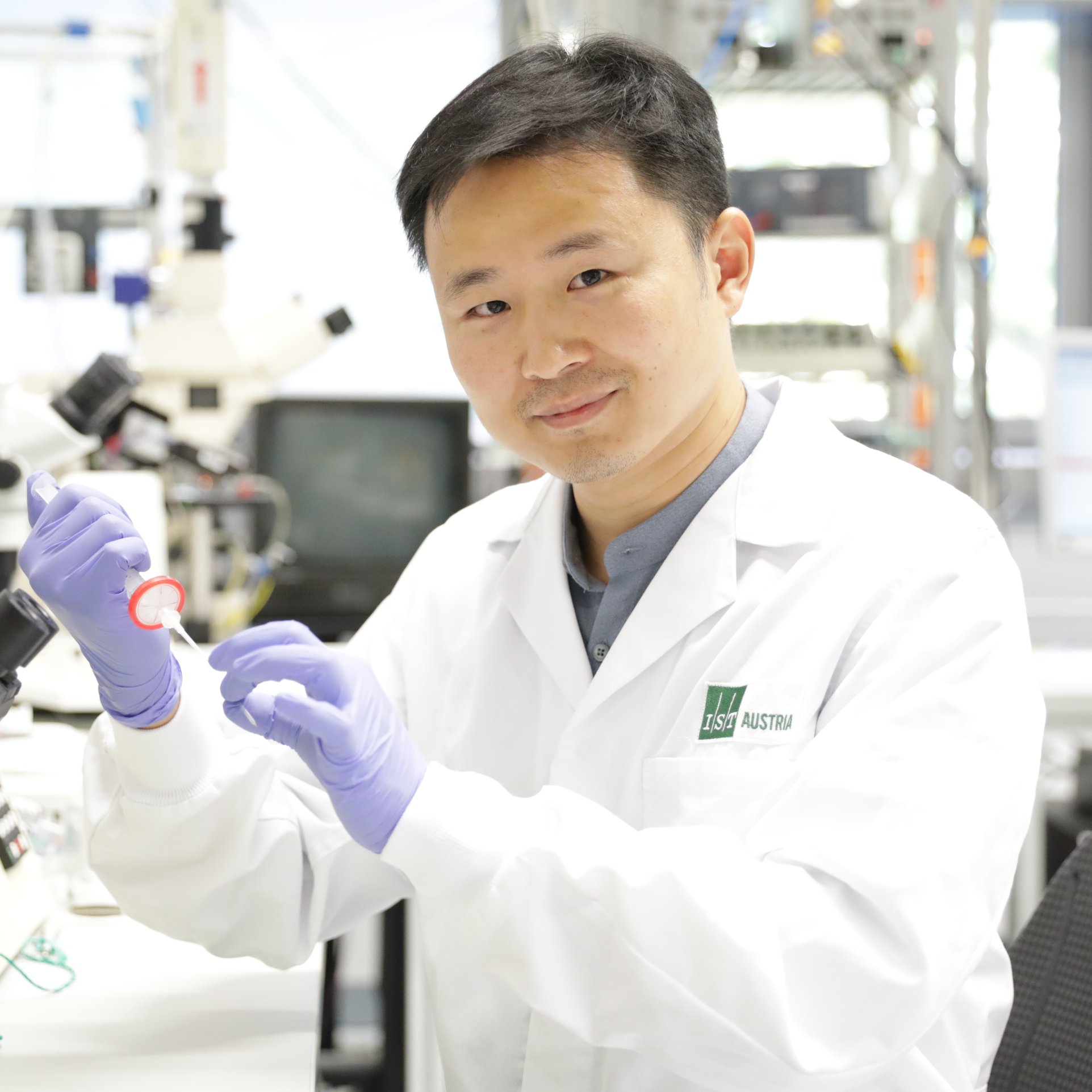 Chong Chen, PhD
Chong Chen, PhD
The University of North Carolina at Chapel Hill
Chapel Hill, NC
Dr. Chen’s Research
Opioidergic control of the cerebellar microcircuit during placebo analgesia
Abstract: Anesthesiologists combat a critical and universal challenge in medicine: the prevention, management, and alleviation of pain. Pain is a complex and multidimensional experience during which mind-body interactions exert a powerful influence both on pain perception and on the success of pain treatment. One prominent example is placebo analgesia, a phenomenon in which a subject’s positive expectation suffices to reduce pain perception and pain-related behaviors in the absence of any analgesic drug or procedure. While there has been a sustained and considerable effort to understand placebo analgesia, its fundamental neurobiology remains largely elusive, preventing the leveraging of this power of the mind over the body for pain control. To explore the mystery of placebo analgesia, the PI has developed a behavioral assay that enables in-depth investigation of this phenomenon in rodents. Notably, by imaging the dendritic Ca2+ activity of Purkinje cells, the sole output of the cerebellar cortex, during pain relief expectation, their recent work provides the first cellular-level evidence of a role for the cerebellum in placebo analgesia. Yet, it remains unclear how the cerebellar cortex, computing information via a feedforward inhibitory (FFI) microcircuit, encodes pain relief expectation. Basket cells, which mediate FFI in this microcircuit, express the opioid peptides enkephalins, suggesting opioidergic modulation of this circuit. This research proposes to combine the novel animal model with advanced Ca2+ imaging and electrophysiological techniques to dissect the role of the cerebellar microcircuit and its opioidergic modulation in placebo analgesia, both in vivo and in vitro, spanning from the system down to the synapse. Ultimately, this project aims to provide anesthesiologists and clinicians with innovative, non-addictive pain management strategies and treatments, enhancing care both in the clinic and beyond.
International Anesthesia Research Society
